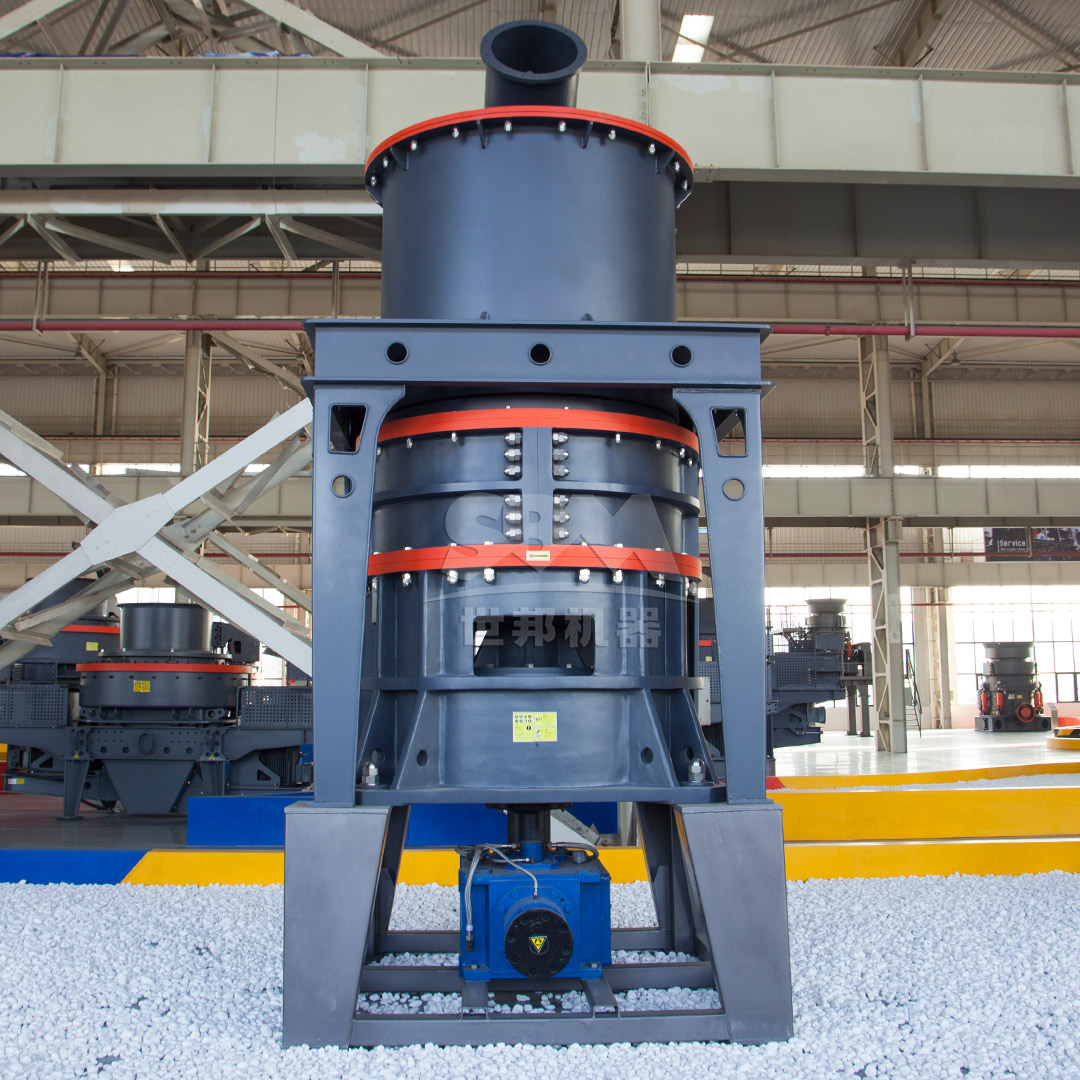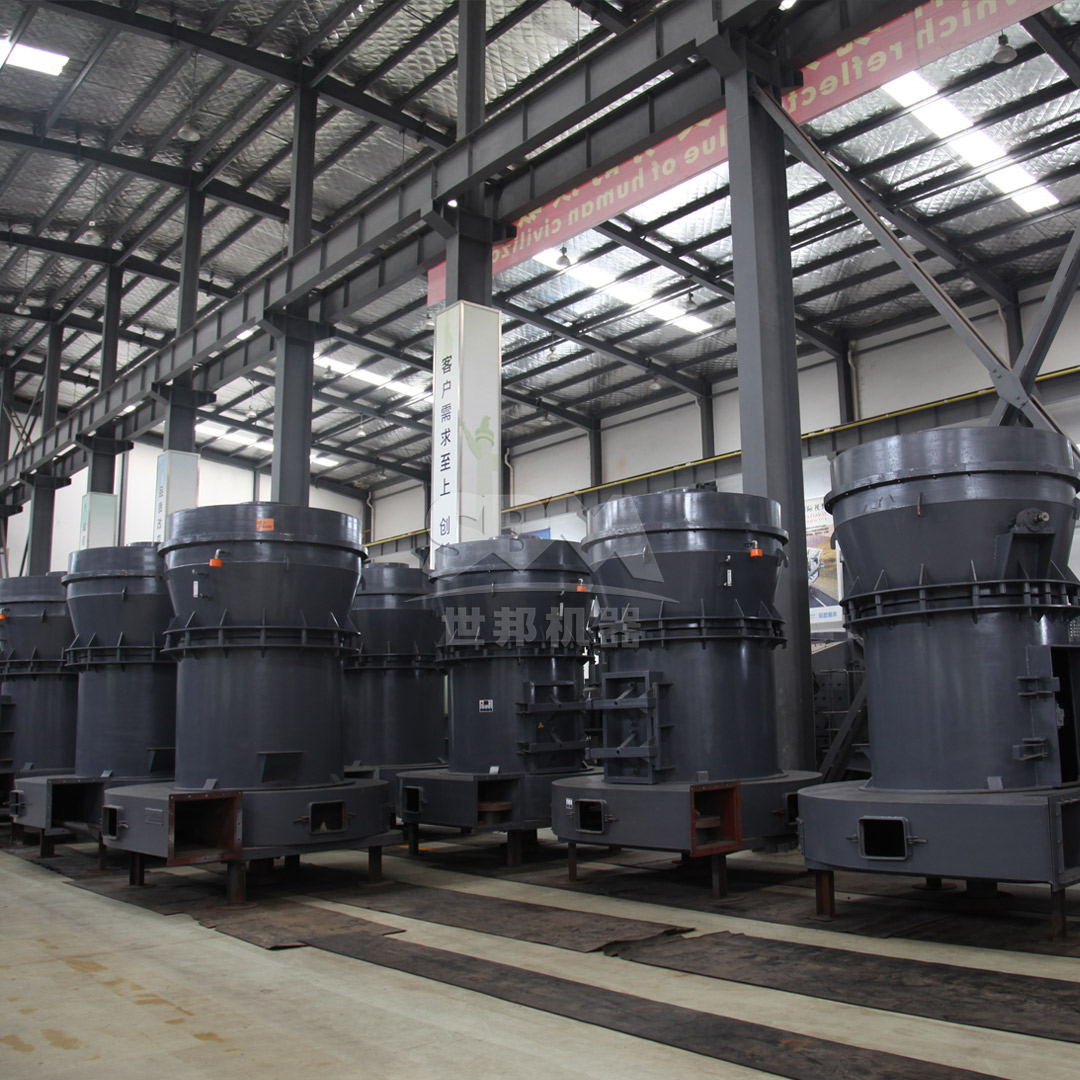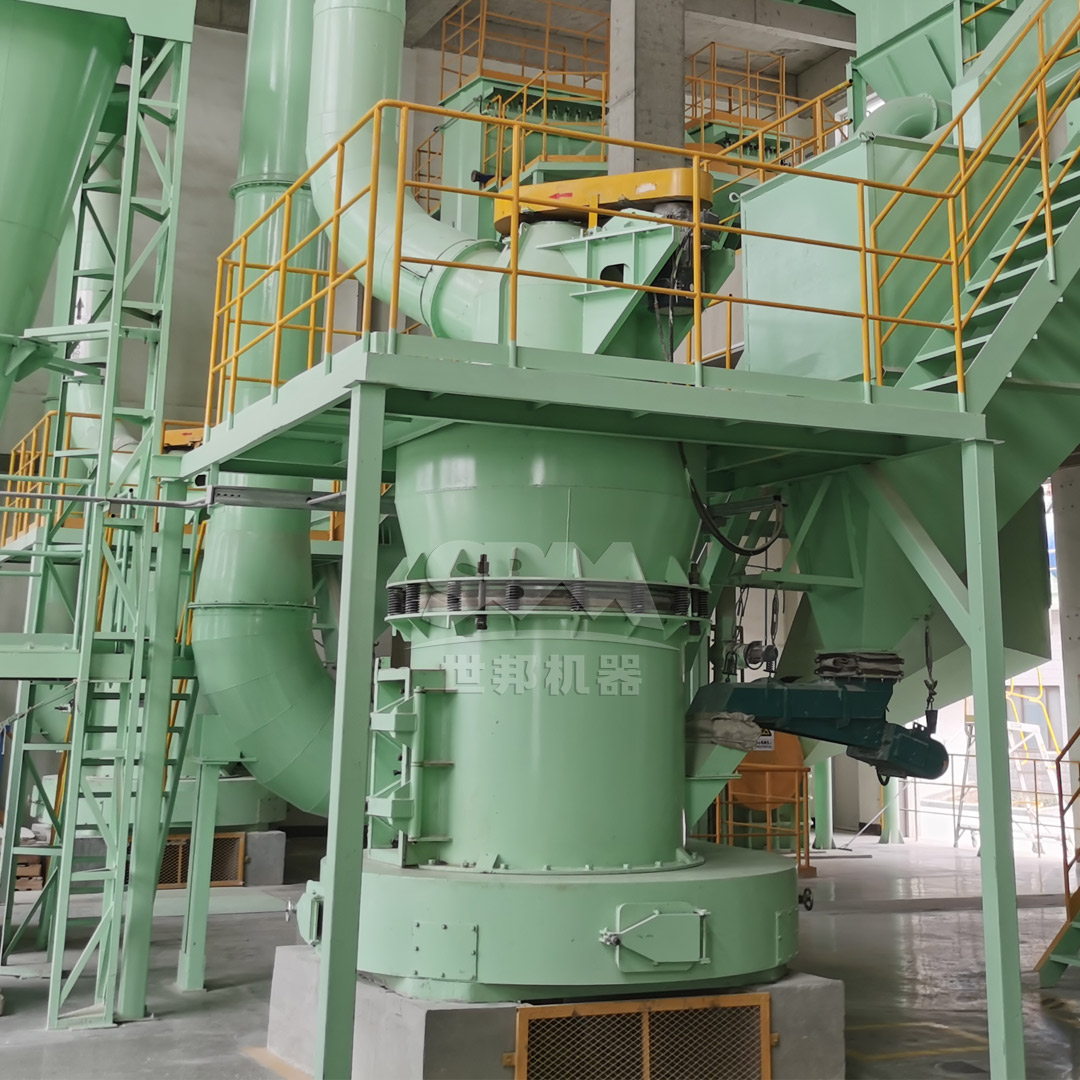The manufacturing of high-quality electrical porcelain demands exceptional precision in raw material preparation, particularly in the grinding of feldspar. As a key component in porcelain formulations, feldspar’s particle size distribution, purity, and consistency directly impact the final product’s dielectric strength, mechanical properties, and thermal stability. This comprehensive analysis explores the critical factors in optimizing feldspar grinding operations to meet the stringent requirements of electrical porcelain production, with specific recommendations for advanced grinding technologies that can significantly enhance product quality and operational efficiency.
Feldspar serves as both a flux and a structural component in electrical porcelain formulations. During the firing process, feldspar melts and forms a glassy phase that bonds the quartz and clay particles, creating the dense, vitrified structure essential for high-voltage insulation applications. The quality of this glassy phase depends heavily on the fineness and uniformity of the feldspar powder, which determines the reaction kinetics during sintering and the final microstructure of the porcelain body.
For electrical porcelain applications, feldspar must typically be ground to a fineness ranging from 200 to 500 mesh (74-25 microns), with some premium applications requiring even finer particles down to 1250 mesh (10 microns). The particle size distribution must be tightly controlled, as overly coarse particles can create weak points in the ceramic structure, while excessively fine particles may lead to uncontrolled shrinkage and warping during firing.
| Parameter | Standard Requirement | Premium Grade Requirement | Impact on Porcelain Properties |
|---|---|---|---|
| Particle Size (D50) | 20-45 microns | 5-15 microns | Dielectric strength, mechanical strength |
| Particle Size Distribution | Span ≤ 2.0 | Span ≤ 1.5 | Firing uniformity, dimensional stability |
| Iron Contamination | < 0.3% | < 0.1% | Electrical insulation, color purity |
| Moisture Content | < 1.0% | < 0.5% | Processing consistency, defect reduction |
Traditional ball mills, while capable of grinding feldspar to the required fineness, often struggle with efficiency, energy consumption, and contamination issues. Modern grinding technologies offer significant advantages in precision, efficiency, and product quality control.
For applications requiring the finest particle sizes and tightest distribution control, ultrafine grinding mills represent the state of the art in feldspar processing. Our SCM Ultrafine Mill series stands out as an exceptional solution for premium electrical porcelain manufacturing. With an output fineness range of 325-2500 mesh (D97 ≤ 5μm) and processing capacity from 0.5 to 25 tons per hour depending on model, this technology delivers precisely the particle characteristics needed for high-performance electrical porcelain.
The SCM Ultrafine Mill’s vertical turbine classifier enables precise particle size切割, ensuring no coarse powder contamination in the final product. This is particularly critical for electrical porcelain, where even minimal coarse particles can create dielectric weakness. The mill’s intelligent control system automatically monitors and adjusts product fineness, maintaining consistent quality despite variations in feed material characteristics.

Energy efficiency represents another significant advantage, with the SCM series consuming 30% less energy compared to jet mills while delivering twice the production capacity. For electrical porcelain manufacturers operating continuous production lines, this translates to substantial operational cost savings while maintaining the highest product quality standards.
For larger-scale operations requiring consistent mid-range fineness, the MTW Series Trapezium Mill offers an optimal balance of capacity, precision, and operational efficiency. With output fineness from 30-325 mesh and processing capacity from 3-45 tons per hour, this technology suits medium to large electrical porcelain manufacturing facilities.
The MTW series incorporates several advanced features specifically beneficial for feldspar processing. Its curved air duct design minimizes air resistance and improves transmission efficiency, while the wear-resistant volute structure reduces maintenance requirements by 30%. The integrated cone gear transmission achieves 98% transmission efficiency, significantly reducing energy consumption compared to conventional grinding systems.
A well-designed grinding circuit extends beyond equipment selection to encompass the entire material handling, classification, and collection system. Proper circuit design ensures optimal utilization of grinding energy, minimizes overgrinding, and maintains consistent product quality.
Raw feldspar typically arrives at the processing plant in lump form, requiring preliminary size reduction before fine grinding. Hammer mills or jaw crushers can efficiently reduce material to the 20-30mm size range suitable for feed to fine grinding mills. Proper pre-crushing not only improves grinding efficiency but also helps liberate impurities that can be removed through subsequent magnetic separation.

Efficient classification represents one of the most critical aspects of feldspar grinding for electrical porcelain. Modern grinding mills integrate high-efficiency classifiers that continuously separate properly sized particles from the grinding chamber, preventing overgrinding and optimizing energy usage. For the most demanding electrical porcelain applications, additional external classifiers can be incorporated to further refine the particle size distribution.
Maintaining consistent feldspar quality requires comprehensive process monitoring and quality control systems. Modern grinding plants incorporate automated sampling systems, online particle size analyzers, and real-time process control to ensure product consistency.
| Control Parameter | Monitoring Frequency | Control Method | Target Range |
|---|---|---|---|
| Feed Rate | Continuous | Variable frequency drive | ±2% of setpoint |
| Product Fineness | Every 30 minutes | Laser particle size analyzer | D97: ±2 microns |
| Classifier Speed | Continuous | PLC control | As per product specification |
| Mill Pressure | Continuous | Hydraulic system | Manufacturer specification |
While advanced grinding technology represents a significant capital investment, the operational benefits and quality improvements typically deliver compelling returns. Key economic factors include energy consumption, maintenance requirements, product yield, and quality consistency.
The SCM Ultrafine Mill series, with its 30% energy reduction compared to conventional technologies, can achieve payback periods of 12-24 months through energy savings alone for operations running multiple shifts. Additional benefits include reduced maintenance downtime, higher product value, and improved manufacturing consistency.

When evaluating grinding technology options, electrical porcelain manufacturers should consider the total cost of ownership rather than just initial equipment costs. Key factors include:
Modern feldspar grinding plants must address environmental regulations and workplace safety requirements. Advanced grinding systems incorporate comprehensive dust collection, noise reduction, and automated safety systems to ensure compliance and protect workers.
The SCM Ultrafine Mill series, for example, features pulse dust collection systems that exceed international emission standards and integrated noise reduction technology maintaining operational noise below 75dB. These features not only ensure regulatory compliance but also contribute to improved working conditions and reduced environmental impact.
Optimizing feldspar grinding operations represents a critical success factor for electrical porcelain manufacturers seeking to compete in premium markets. Advanced grinding technologies like the SCM Ultrafine Mill and MTW Trapezium Mill series offer significant advantages in product quality, operational efficiency, and environmental performance. By selecting appropriate grinding technology, implementing comprehensive process control, and focusing on total cost of ownership, manufacturers can achieve the consistent, high-quality feldspar powders essential for producing superior electrical porcelain products.
The investment in modern grinding technology not only improves immediate product quality but also positions manufacturers for future market demands as electrical porcelain specifications continue to evolve toward higher performance standards. With proper implementation, optimized feldspar grinding operations can become a sustainable competitive advantage in the demanding electrical porcelain marketplace.